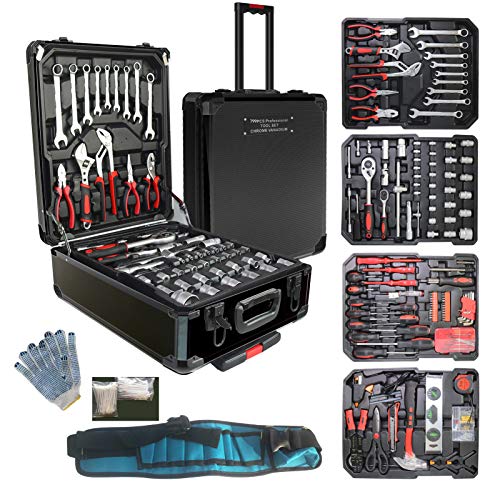DebraOak
Well-known member
HI all.
Introduced to van dwelling this past month, I have voraciously been reading everything I can get my hands on, especially now focusing on the practical aspects of getting a van ready to live in full-time. I know as well as I can know anything that whatever Bob Wells publishes is well-researched and tried and tested. He says to insulate, but believe it or not, I read an author who adamantly says do NOT insulate citing generalities about the insulation itself acting like the bare walls and keeping nothing warmer or cooler. This is a bunch of crap, I intuit, but I don't know the engineering or scientific reasoning behind his statement. Could someone tell me why insulation is better than not insulating for colder or warmer weather?
Related and due to seasonal allergies, I'm strongly leaning towards covering the insulation on the walls with aluminum and corrugated metal rather than wood (I saw WeeRolls information and it sounded great to me, not sure how it will work though). Does insulation work well against metal/alum walls and ceiling too?
Am planning to buy the lowest mileage low-top Chevy cargo van V6 that I can afford. Hopefully this fall or winter and start working on it while paying off a credit card and working full-time.
Huge thanks for any info and help. Have a great day in paradise (wherever that is for the moment for you!).
Introduced to van dwelling this past month, I have voraciously been reading everything I can get my hands on, especially now focusing on the practical aspects of getting a van ready to live in full-time. I know as well as I can know anything that whatever Bob Wells publishes is well-researched and tried and tested. He says to insulate, but believe it or not, I read an author who adamantly says do NOT insulate citing generalities about the insulation itself acting like the bare walls and keeping nothing warmer or cooler. This is a bunch of crap, I intuit, but I don't know the engineering or scientific reasoning behind his statement. Could someone tell me why insulation is better than not insulating for colder or warmer weather?
Related and due to seasonal allergies, I'm strongly leaning towards covering the insulation on the walls with aluminum and corrugated metal rather than wood (I saw WeeRolls information and it sounded great to me, not sure how it will work though). Does insulation work well against metal/alum walls and ceiling too?
Am planning to buy the lowest mileage low-top Chevy cargo van V6 that I can afford. Hopefully this fall or winter and start working on it while paying off a credit card and working full-time.
Huge thanks for any info and help. Have a great day in paradise (wherever that is for the moment for you!).












































































